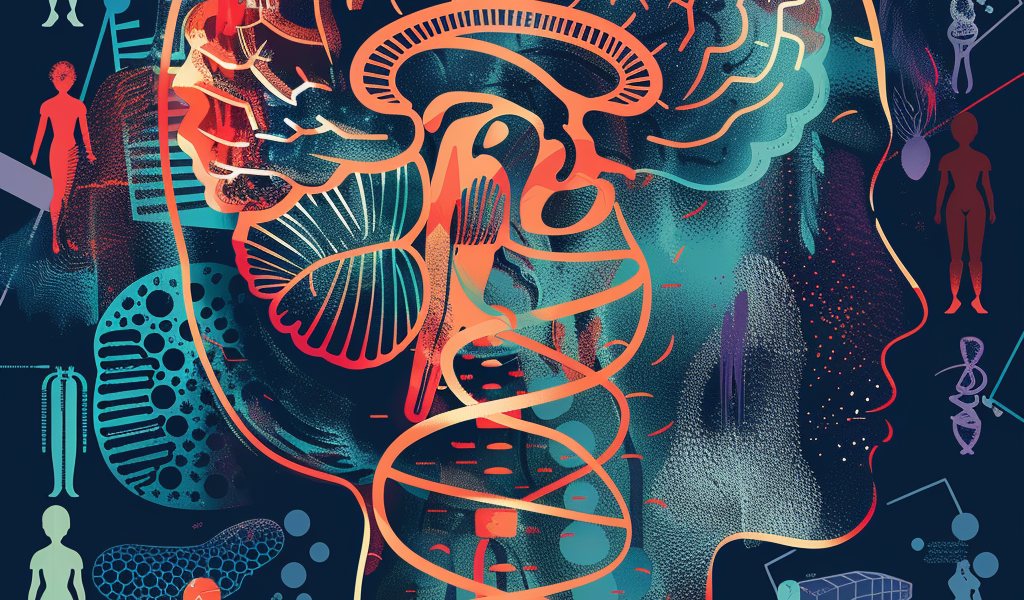Anxiety disorders are recognized as the most prevalent mental health issues worldwide, affecting an estimated 301 million individuals globally as of 2019, according to the World Health Organization. Recent groundbreaking research has shed light on the genetic underpinnings of these disorders, identifying a total of 115 genes linked to anxiety. This significant study, driven by a team from Yale University’s Department of Psychiatry, analyzed genetic data from over 1.2 million participants across diverse ancestry groups.
The study’s findings are pivotal in enhancing our understanding of the genetic factors that contribute to the risk of developing anxiety disorders. By examining genome-wide data and gene expression information from six distinct cohorts, the researchers were able to pinpoint specific genes associated with anxiety. This large-scale genetic analysis underscores the complexity of anxiety disorders and how multiple genetic factors influence individual susceptibility.
One of the key insights from the research is the identification of brain regions where these genes are expressed. The study revealed significant associations with areas of the brain known to be linked to anxiety, including the cerebellum and the limbic system. These findings suggest a biological basis for anxiety that could pave the way for targeted interventions and therapies.
Dr. Renato Polimanti, the senior author of the study, emphasized the importance of large-scale genetic studies in unraveling the intricate pathogenesis of anxiety disorders. He noted that understanding how various genes interact and affect different brain functions is crucial in defining individual genetic risk for anxiety.
Moreover, the research highlighted correlations between the identified anxiety-associated genes and other medical conditions, such as pain and gastrointestinal disorders. These associations are particularly relevant as gastrointestinal issues often co-occur with anxiety, and understanding these links can lead to more comprehensive treatment approaches. The study also noted connections to other psychiatric conditions, including depression and schizophrenia, indicating a broader genetic landscape that encompasses various mental health challenges.
Historically, many genetic studies have predominantly involved participants of European descent, which raises concerns about the applicability of findings to diverse populations. Addressing this limitation, the researchers in this study utilized genetic data from individuals representing five different ancestry groups: European, African, admixed, East Asian, and South Asian. This inclusive approach enhances the robustness of the findings and ensures that the insights gained are more universally applicable.
The implications of this research are vast, as it not only contributes to the scientific understanding of anxiety disorders but also opens up new avenues for personalized medicine. By identifying specific genetic markers associated with anxiety, future research may lead to the development of targeted therapies that cater to individual genetic profiles. This could revolutionize the way anxiety disorders are treated, moving away from a one-size-fits-all approach to more tailored interventions.
As anxiety disorders continue to impact millions of lives, studies like this are crucial in the ongoing effort to understand and combat mental health issues. The integration of genetic research with clinical practice holds the potential to transform treatment options, ultimately improving the quality of life for those affected by anxiety.





